The 10 best European novels, from War and Peace to The Leopard
Philip Womack looks at what European culture has given us in the form of great literary works by Virgil, Voltaire, Kafka and Olga Tokarczuk
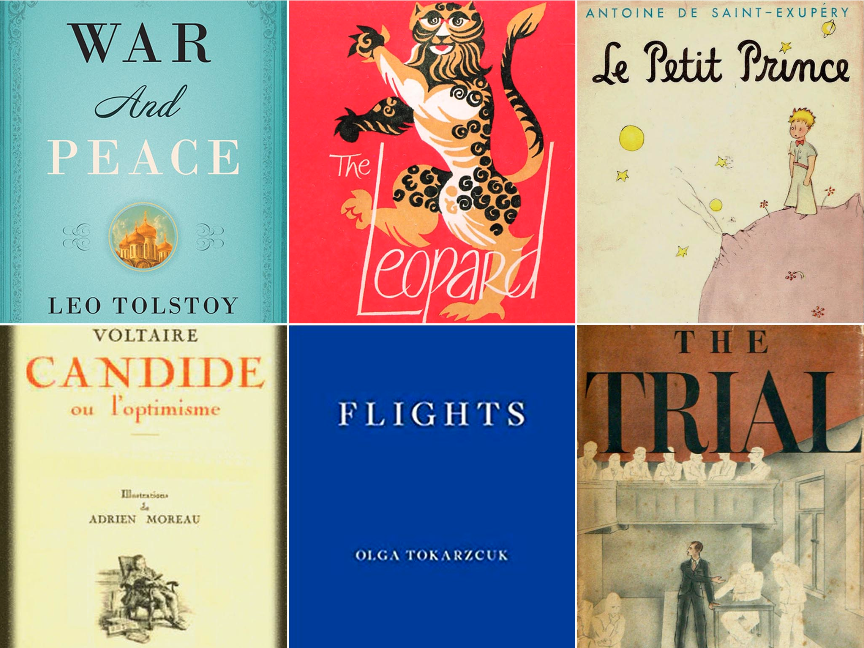
Now we have left the EU, it is worth remembering how deeply intertwined our literary culture has been with that of our continental neighbours. Beowulf, possibly the closest thing we have to a national epic, is a Danish saga related in Old English.
There would be no Chaucer without Petrarch; no Milton without Homer and Virgil; no Shakespeare without Ovid. Picking a mere 10 novels from the vast wealth on offer is an almost impossible task.
I have tried therefore to choose those that have had influence, or that are particularly original, or are relevant to our current trials. As with all lists, it is only a glimpse into something much, much wider. The Republic of Letters is a fluid, welcoming space: its boundaries will always be open.
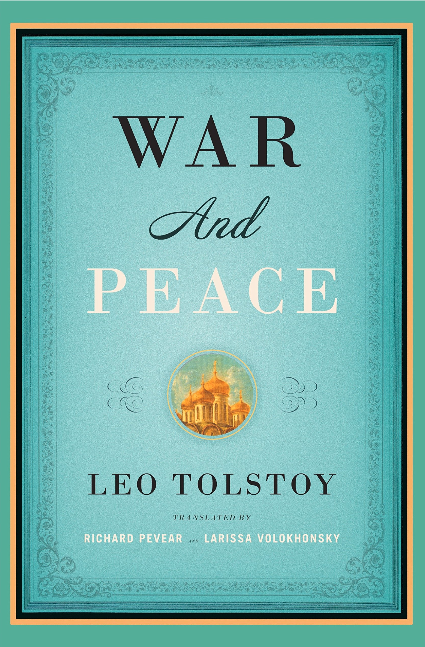
War and Peace – Leo Tolstoy (1869)
The inexorable movements of European history are explored in this sweeping, astounding novel, rich in character, incident and passion. Russia’s epic conflict with Napoleon becomes a universal war, told with a keen eye for the individual in all its complexity. Read this, marvel, delight, swoon, and be happy that our battles take place not on the field, but in parliament.

The Leopard – Giuseppe Tomasi di Lampedusa (1958)
A world on the edge: an aristocratic Sicilian family faces change and modernity. Sultry and passionate, this commemorates a lost world of privilege and honour, as the prince must choose between sticking to his old way of life, or adapting to the new circumstances of the Italian Risorgimento (unification).

The Little Prince – Antoine de Saint-Exupery (1943)
An isolated prince goes travelling from his home world into the universe, and learns through interacting with a variety of strange, single-minded figures about humanity’s follies and inability to see what is true and beautiful. Charming in its simplicity, ‘The Little Prince’ tells us to look upwards and outwards.
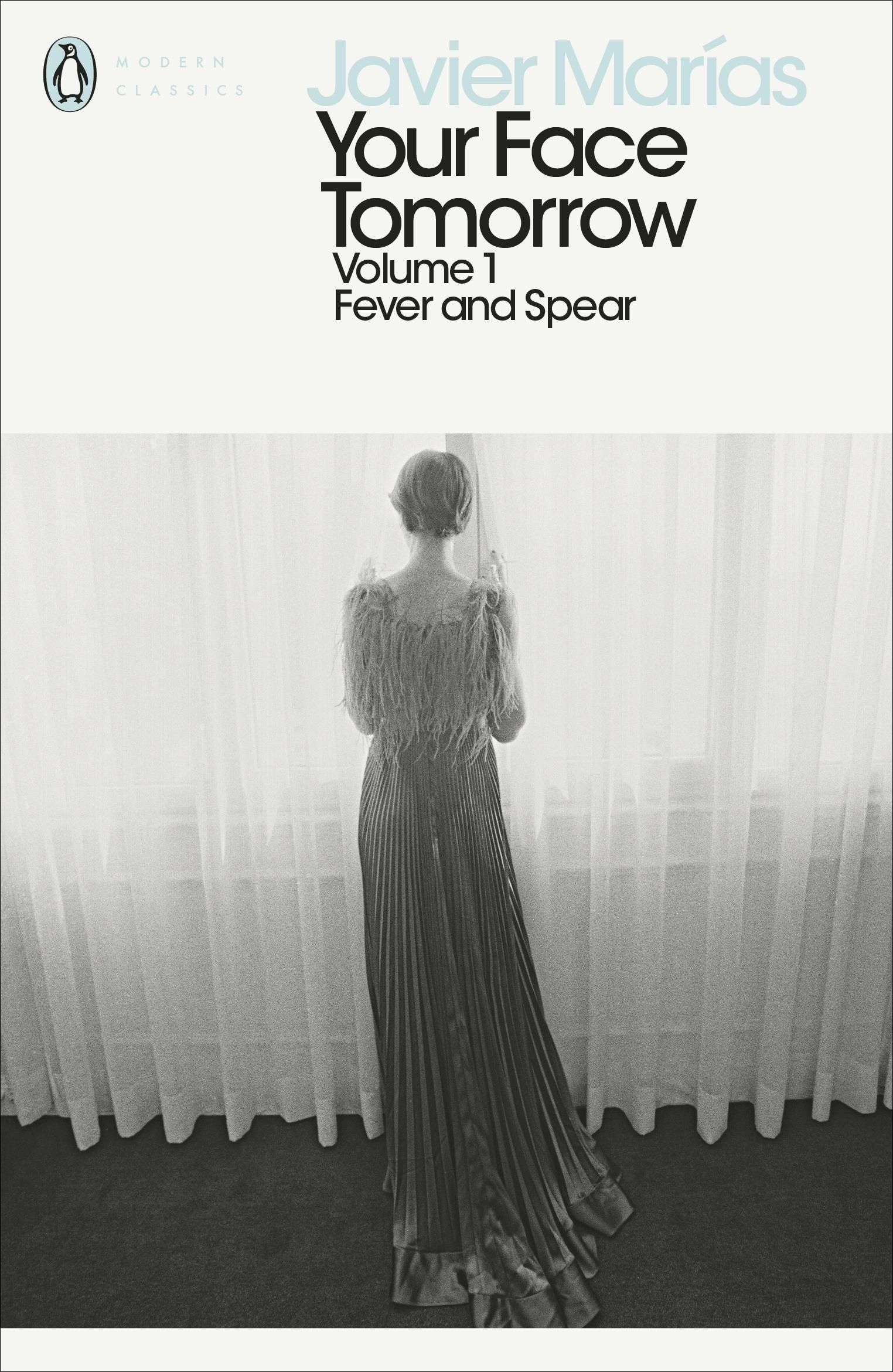
Your Face Tomorrow – Javier Marias (2002)
This is a trilogy, comprising Volume 1: Fever and Spear, Volume 2: Dance and Dream, and the final part, Poison, Shadow and Farewell. The narrator is a Spanish translator in England, able to shift between his native tongue, Italian, and English; the novels discuss memory, history and the purpose of the writer in a world of governmental oppression. Scintillating and absorbing.
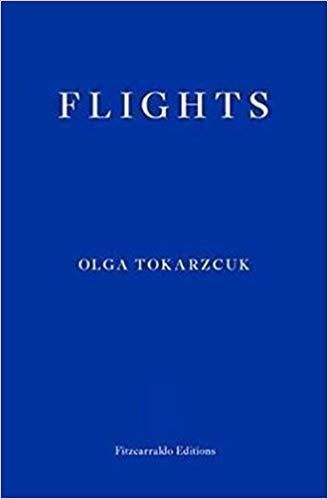
Flights – Olga Tokarczuk (2007)
A fragmentary, mind-blowing novel from a Nobel winner, this couldn’t be more European if it tried, winning the Man Booker International Prize in 2018 with its experimental approach, taking in a broad and exciting range of people and places, and featuring the author’s Polish childhood; a mystical Russian seer; a wandering cult-like sect; Chopin’s heart, and a fictional, dead, Flemish surgeon, among many other things. A brilliant starting place to explore more recent European literature.
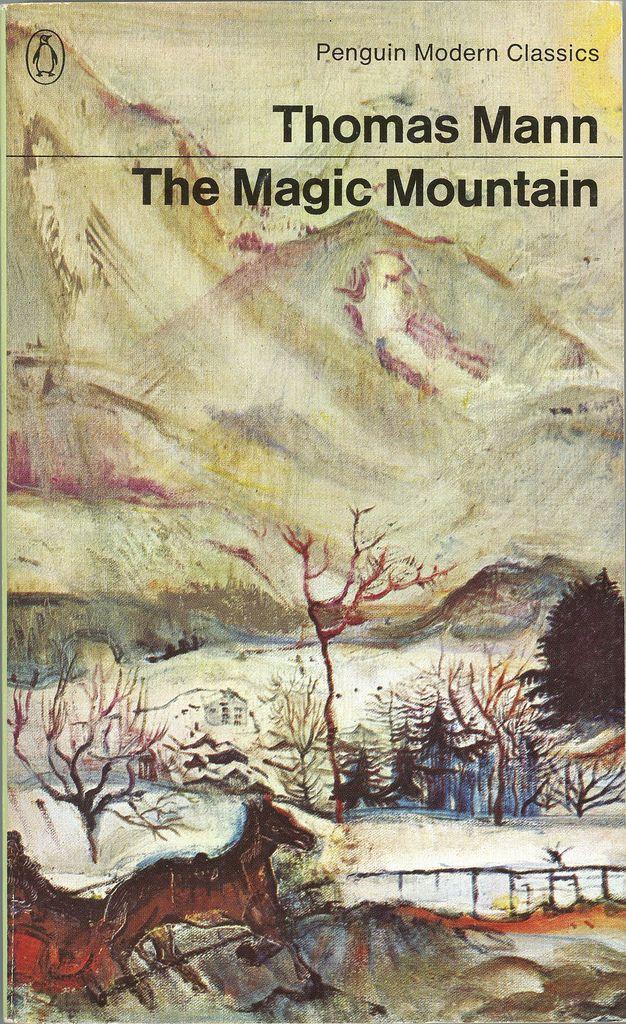
The Magic Mountain – Thomas Mann (1924)
A young man goes to visit a relative in a tuberculosis sanatorium, intending to stay a few days; he ends up remaining for months. The characters in Mann’s expansive and hugely influential novel represent a wide section of Europe from before the First World War, allowing the author to show in miniature all the troubles of a riven continent.
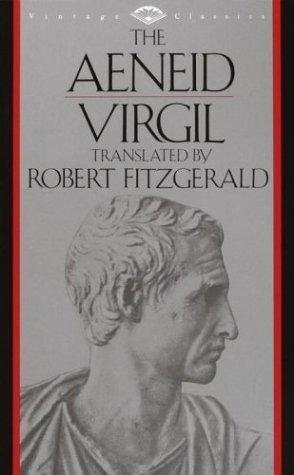
The Aeneid – Virgil (first century BC)
The wanderings of the Trojan prince Aeneas, fleeing his devastated city in search of a new place to call home, are filled with marvels. He is one of the first literary refugees, looping around the Mediterranean, driven by duty and fate. His place in European literature is unrivalled. Even we Brits are, according to legend, meant to descend from him, through his grandson Brutus.

Candide, ou l’Optomisme – Voltaire (1759)
If you want to understand Europe, you must first understand Voltaire, and where better to start than this satirical masterpiece, which uses the form of a novel to launch scathing attacks on the politics and mores of the 18th century through the titular character, Candide, whose innocence in a corrupted world is charming. It’s screamingly funny, too.
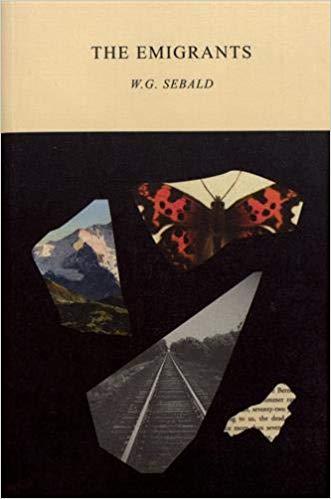
The Emigrants – W G Sebald (1992)
Sebald’s uniquely tactful writing and extraordinary prose are on full display in this exhilarating, poignant and beautiful collection of pieces about Jews thrown, physically and psychologically, out of kilter by the Second World War. The spectre of the concentration camps looms, but is never directly addressed. The blend of fiction and fact is a way of dealing with unspeakable horrors.
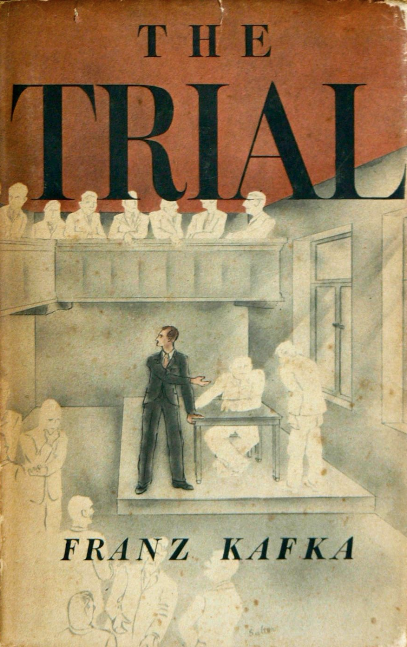
The Trial – Frank Kafka (1925)
Josef K is summoned to court, and never finds out why, and, after a bewildering series of increasingly bizarre events, is murdered. At times, it can feel that we are in a similar kind of bureaucratic maze, as an array of petitions, indicative votes, statutory instruments and ancient procedures are put into play. A fantastical parable for our times.
Philip Womack’s new novel, ‘The Arrow of Apollo’, imagines the adventures of Aeneas’ son, Silvius. It will be published in May 2020
Join our commenting forum
Join thought-provoking conversations, follow other Independent readers and see their replies
Comments